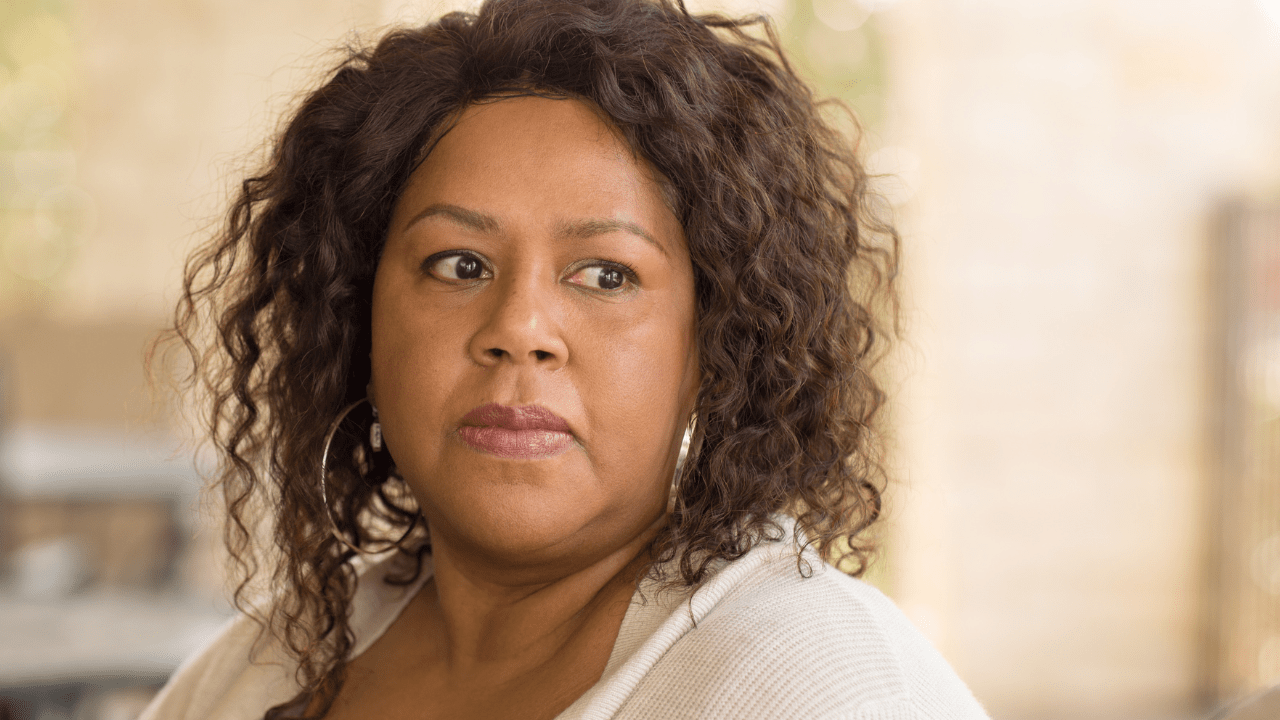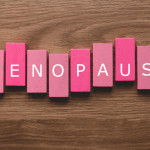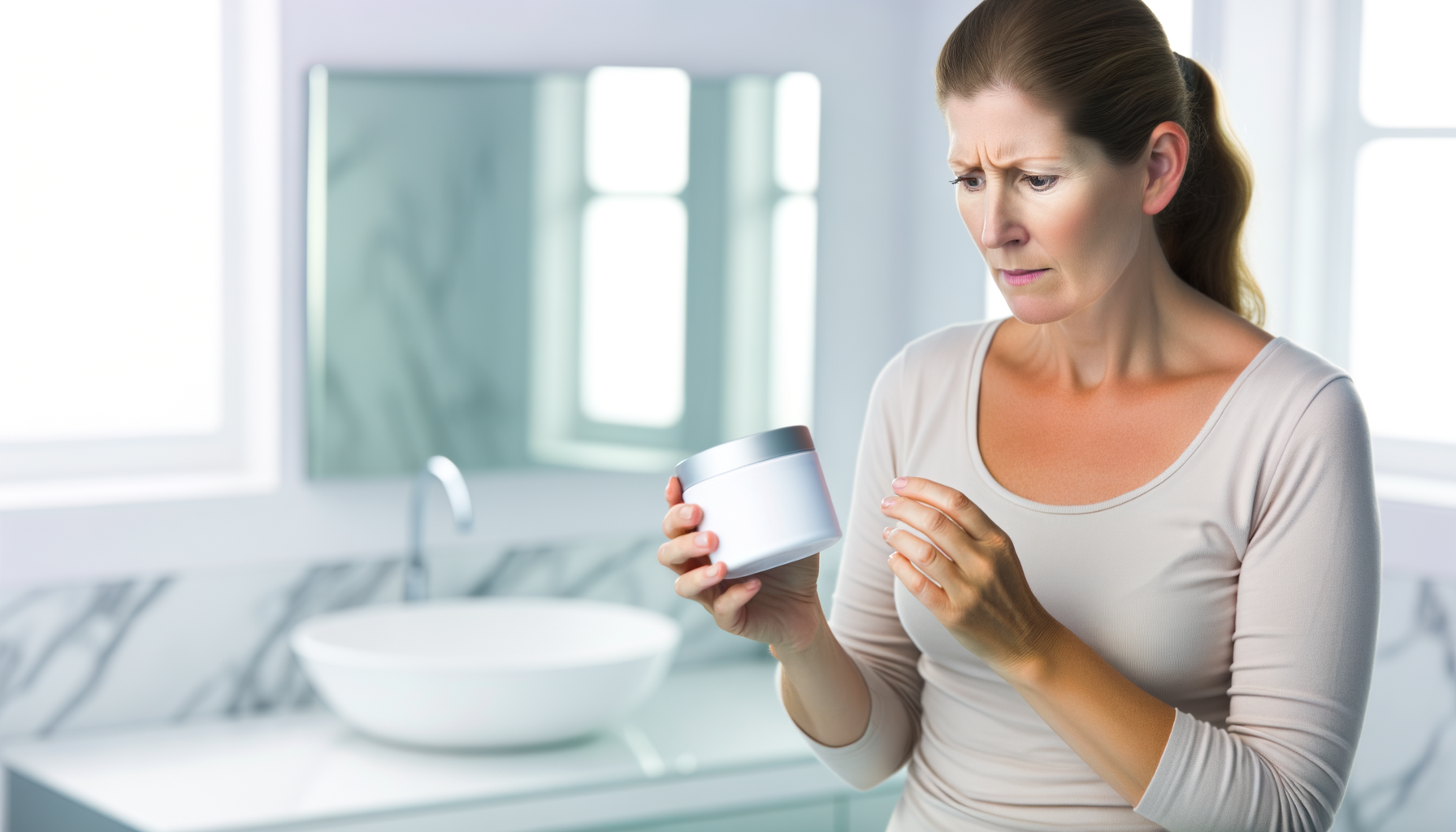Hey ladies, I often get this question… “Am I going through menopause?”
Well, if you’re in your mid 40s, strong woman known for your stable, dependable character at work,and now you’re stable routine has been interrupted by your irregular periods. And not only that, sometimes maybe your periods are flooding and sometimes your periods are dry, like a desert. One month your breasts are tender and painful to touch and your periods are heavy with clots, and the next month your flow is so light and it only lasts a few days.

So these are some signals that you’re maybe in perimenopause and approaching menopause. Also, moods have changed. This stable, dependable character that everybody knows you for is replaced with a highly emotional and unpredictable character which is easily set off with the slightest little annoying comment. Sometimes you wake up at night and you’re sweating, and other times you don’t sleep anymore as well, or you’re having trouble falling asleep.
This is all because your hormones are beginning to fluctuate or decline and you struggle and you struggle with this. And you struggle with your energy, feeling tired all the time, hair loss, dry skin, brain fog, you struggle to remember. And then on top of that, your skin is becoming more pale and dry and wrinkles are appearing, so there’s a lot of physical things happening. Maybe you’re gaining some weight and you don’t have the energy, energy to exercise as much as you used to and you don’t feel like it because actually you’re feeling down with these changes.

So, you know those are just a few symptoms that you’re in perimenopause. It doesn’t have to be mid 40s, could be early 40s. I know some women even in their late 30s who are starting perimenopause. The average age of menopause is 52. But again, every woman is different, so the symptoms are going to affect you differently. You’re going to experience different things. Best thing you can do is to read a little bit more about it, talk about it, maybe speak to someone who knows more the changes inevitable, and you want to have the most support you can from your partner, your health practitioner, to help you through this change with ease.
















